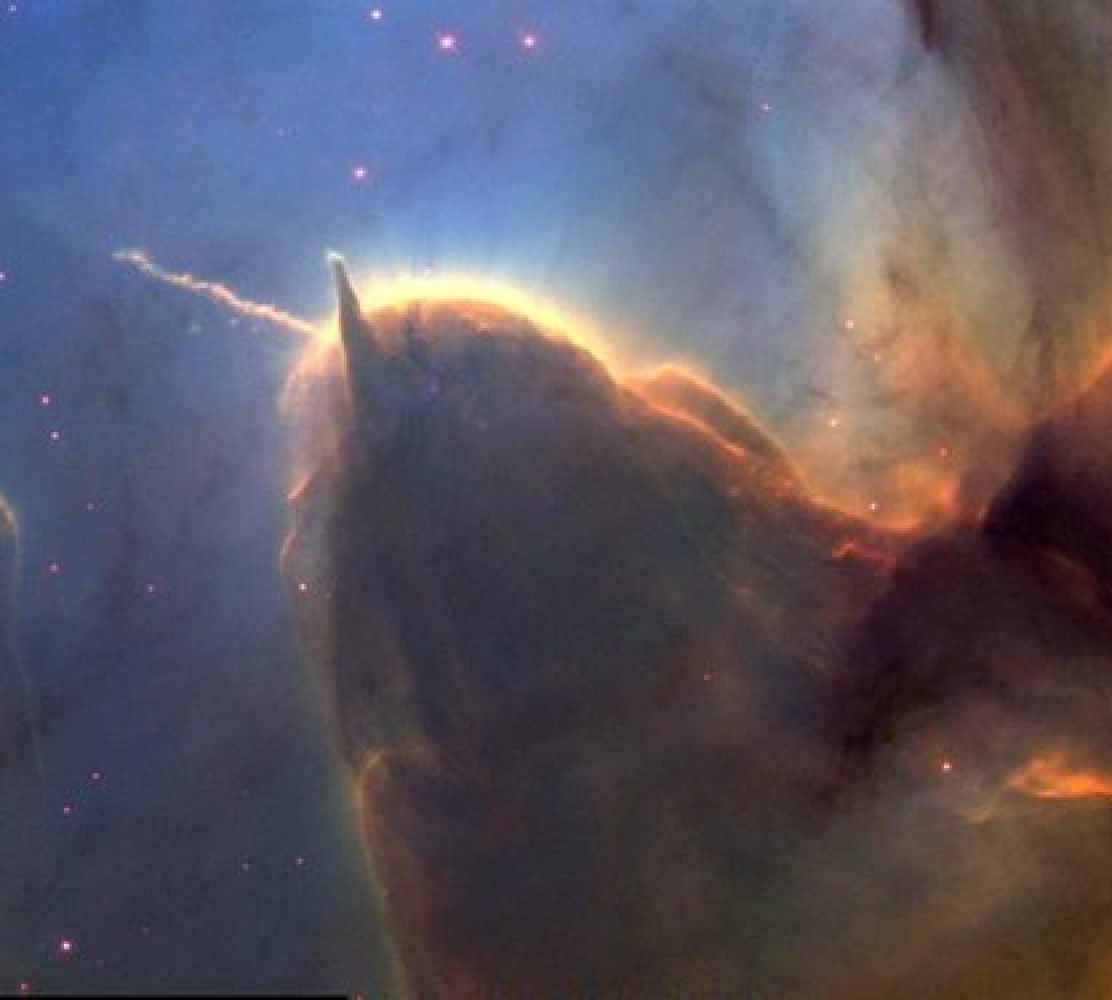You might be asking, “What does Octavia E. Butler have to do with Popular Science?”
Well, a lot, really. Many of Butler’s works really were science fiction, though she was careful to delineate the difference in books such as Kindred.
She was a studious researcher, reading articles on psychology and neurology in order to write “The Evening and the Morning and the Night,” and visiting the Amazon so that she could convincingly portray the setting of Xenogenesis.
In the April 2014 issue of Popular Science, the editor says that the human species “manifest[s] a quality called neoteny, the retention of juvenile characteristics into adulthood” and that neurologically, this means “we have an extraordinary capacity to continue learning throughout life.”
When a subject’s curiosity was piqued by a question … certain regions of the brain lit up. Those areas … correspond to the brain’s reward centers–the same ones that govern our desire for sex or chocolate or total domination in Call of Duty 4.
This is EXACTLY what Butler meant when she discussed the human contradiction in Xenogenesis. It wasn’t meant as a compliment. Jdahya tells Lilith,
“You are intelligent … You are hierarchical…. When human intelligence served it instead of guiding it, when human intelligence did not even acknowledge it as a problem, but took pride in it or did not notice it at all…”
So while Ransom says that “curiosity … is not some romantic quality … [but] an adaptive response” that has “allowed us to master” the world, we just might destroy ourselves getting there.
Also, Dutch band Delain just released an album called “The Human Contradiction,” inspired by Xenogenesis (also known as Lilith’s Brood).
